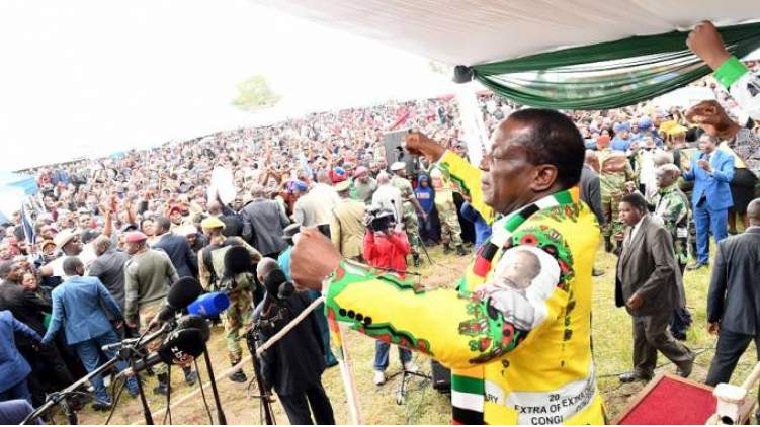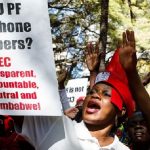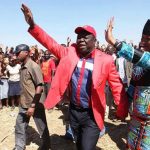It is just harder to see, because high-profile physical violence has been replaced with quiet intimidation. Zimbabweans call this “subtle violence” — a form of repression that may not be directly promulgated by the President. It’s not clear whether this process is organic or part of a broader plan — but it is extremely effective, nonetheless.
Subtle violence has two main components. First, the ruling party has collected a vast array of data on citizens, forcing people to give up their private details to access food aid. It has also spread rumors that new technology — such as the country’s first biometric voter registration — makes it possible for them to track people and tell which party they support.
Second, traditional leaders, ZANU-PF candidates and their supporters quietly remind their communities that the last time there was a strong vote for the opposition in 2008, the government responded by unleashing a tidal wave of violence. This is known locally as “shaking the matchbox.” Once you have burned down someone’s house, you don’t need to do it again; showing them a matchbox is enough.
Recent data collected by the Heal Zimbabwe Trust and We The People are troubling. Scores of human rights violations are happening every week, and the vast majority are committed by ruling party or state officials.
The widespread use of subtle violence places election observers in a bind. It is still possible that ZANU-PF will panic and commit high-profile abuses. But it seems more likely that, having invited international observers in the hope they will legitimize the new political dispensation, the ruling party will deliver a process that looks superficially acceptable.
Citizens will line up patiently to cast their ballots. The military will adopt a low profile. The official vote count will be plausible. And yet deep down, observers will know that the elections are deeply problematic.
If the international community is to effectively respond, it is essential that election observers don’t wait until after the elections to raise concerns. That would be far too little, far too late.
Instead, monitors and the country’s international partners need to act now to highlight these problems and give Mnangagwa the opportunity to prove his democratic credentials by doing much more to resolve them.
The U.S. monitoring mission has already recognized this, outlining a set of far-reaching concerns that must be addressed for the election to be credible. Others need to do the same — and fast — if elections in the new Zimbabwe are to offer citizens a genuine choice of which party they want to govern their country.
By Nic Cheeseman for the Washington Post
(287 VIEWS)


